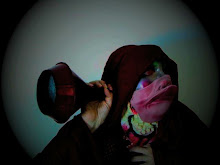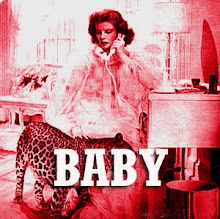
Another prophetic texts, in this regard, is John Cage's "Experimental Music" (1957), reprinted in Silence (1962). As early as 1937, in "The Future of Music: Credo," Cage had declared:
“I BELIEVE THAT THE USE OF NOISE
Wherever we are, what we hear is mostly noise. When we ignore it, it disturbs us. When we listen to it, we find it fascinating….”
And in Experimental Music, he expanded on this point in a now famous statement:
“There is no such thing as an empty space or an empty time. There is always something to see, something to hear. In fact, try as we may to make a silence we cannot. For certain engineering purposes it is desirable to have as silent a situation as possible. Such a room is called an anechoic chamber, its six walls made of special material, a room without echoes. I entered one at













No comments:
Post a Comment